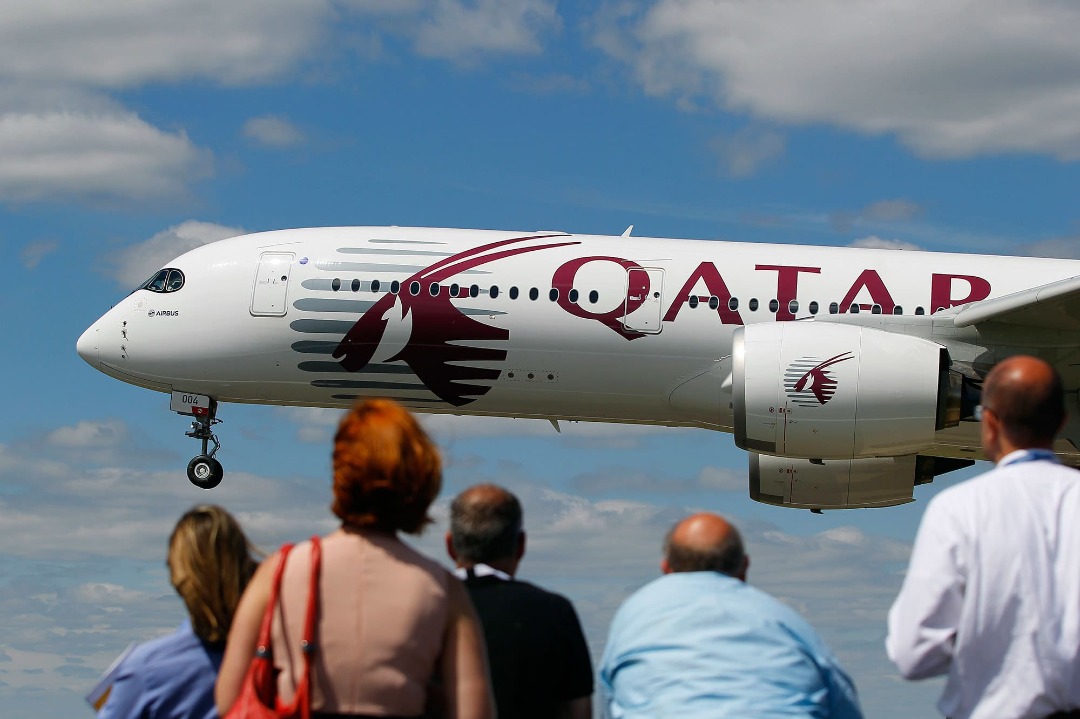Over the years, there have been numerous concerns about the quality of air within the Kampala space. Claims always emerged pin pointing a number of hazardous activities around the city such as industrial works and moving vehicles which expel waste smoke into the space. However, following a nationwide shutdown measure set by the government that aimed at containing the deadly corona virus outbreak, this has seen people stay at their homes and no functional public transport systems traversing the city leaving Kampala with little or no human movements.
A random visitor to Kampala would undoubtedly notice the high levels of traffic congestion across the city. The public transport network is not as efficient as it should be generally due to the narrow roads filled by countless ageing taxis and boda boda which clog the streets along with a wide range of private vehicles, not forgetting the overwhelming numbers of pedestrians on the sides.
More so, while the government is prioritizing paving and improvement of the road infrastructure, about 70% of roads around Kampala still remain unpaved which adds to the immediate sources of particulate matter from loose surfaces into the space. However, the recent Government lockdown measures meant most vehicles and all other automobiles were taken off the road.
A recent study carried out by AirQo had some interesting findings about Kampala’s air quality especially during this lockdown period. The lockdown has provided a very rare opportunity to examine what happens to air quality when there’s a drastic reduction in travel and many suspended business operations within the city.
The study focused on the immediate but unintended impact of the lockdown on air quality levels in the greater Kampala space. It analysed air quality (fine particulate matter — PM2.5 ) data from the AirQo air network and the reference monitor at the US Embassy in Kampala.
The study zeroed down onto 7 target locations in greater Kampala: Nsambya (US Embassy), Civic Centre, Bugolobi, Seguku (2), Bweyogerere, & Kiwafu (Entebbe). The study investigated on air quality as per the lockdown period (18th March to 4th April) with the preceding two weeks (4th -18th March). The results were counter checked with historical results for the same days in 2019. They finally examined 1-year seasonal longitudinal variations.
The findings proved out that Nsambya and to a lesser extent Bweyogerere and Bugolobi, for example, showed the morning rush hour between 6 am and 9 am as a high peak time before lockdown while after the restrictions the peak is almost unidentifiable.
Averagely, this suggests a reduction in air pollution of around 60% during the morning rush hour. However, in these same locations, during the evening, there is little difference between a lockdown and the period before. This suggests that the morning peak is caused by vehicle traffic while the evening emissions relate more to domestic fuel use. However, confirming this requires more findings.
Further preliminary validation with historical comparisons for the same days of 2019 confirms that the drop in pollution levels is particularly unique to this period, which was about 40% reduction in the daily mean from the two weeks leading to the lockdown, and about 51% reduction for the same days in 2019.
AirQo study researchers noted that with time, there could be a rise in pollution levels, perhaps as the initial strict adherence to the restrictions begin to wear off. The study suggests that well as all efforts aim at addressing the COVID-19 pandemic, attention should also be paid to resulting consequences such as the impact on air pollution and learn what actions could be taken to sustain clean air for our cities when the situation returns to normal.
About Guide2Uganda
Guide2Uganda (www.guide2uganda.ug) is the most comprehensive source of information about Uganda that exists on the web, with more content on Uganda and surrounding towns, attractions, museums and galleries than any other online guide that currently exists for Uganda as well as being a dynamic news and comprehensive events driven site with content being added daily.
According to WeFollow & Peer Index (whom both measure online influence) we are among the most influential online media organizations in Uganda. We were also awarded for ‘’Best Destination Website in Uganda’’ by Jumia Travel Uganda in the 2017-2018 Africa Travel Awards. If you are planning a visit to Uganda you can always reach us on; info@guide2uganda.ug




